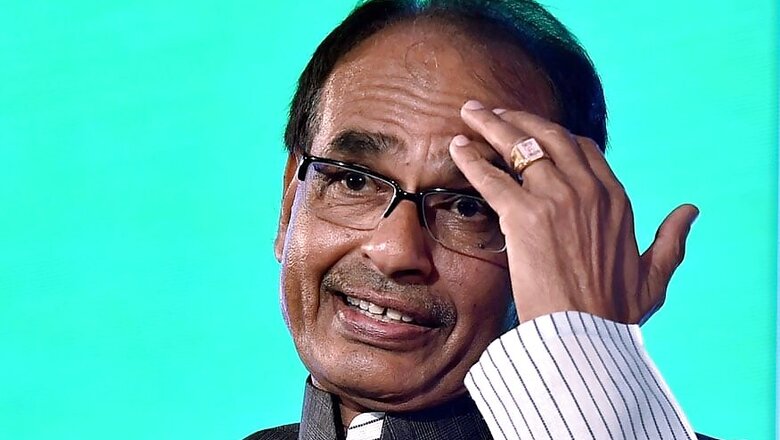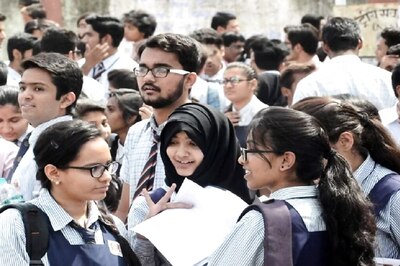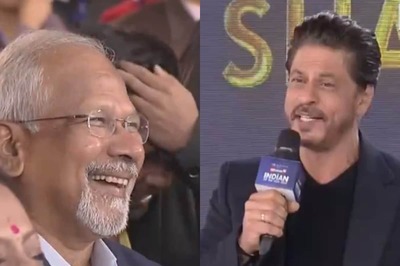
views
New Delhi: It’s been over a week since the assembly election results saw the Bharatiya Janata Party (BJP) lose its bastions and according to the party’s internal assessment, the defeat in Chhattisgarh is perhaps its biggest concern.
Even as the results were trickling in and Madhya Pradesh was still a cliff-hanger, Prime Minister Narendra Modi’s tweet had signalled to his partymen that there should not be any effort at cobbling up numbers to form the government in the state, which is largely seen as the laboratory of the Rashtriya Swayamsevak Sangh (RSS). But this time, the ideological parent of the BJP, which was so far responsible for last-mile delivery, mobilisation and better booth management, failed to deliver for its poster boy Shivraj Singh Chauhan.
A Union cabinet minister told News18 that “one of the reasons for the party’s poor performance in Madhya Pradesh has been disconnect between the Shivraj administration and the RSS”. While the saffron party attributes the Madhya Pradesh loss to poor ticket distribution and lack of management of rebels, they don’t see a larger narrative of vote shift emerge from the state. A senior cabinet minister told News18 that the party should have gone for its tried and tested formula of bucking anti-incumbency by changing the local candidates. Thirteen cabinet ministers lost the elections. In fact, a leader pointed out how in the Election Committee meetings, the Prime Minister had repeatedly asked how many MLAs were being replaced.
The BJP managed 41 per cent vote share, 0.1 per cent higher than the Congress at 40.9 per cent. With a better conversion rate in a fiercely contested election, the Congress increased its tally phenomenally from 58 in 2013 to 114 in 2018 in a 230-member assembly and the BJP won 109.
As the alarm bells ring, the BJP leadership sees no distinct pattern of voter shift emerging in Madhya Pradesh, according to the minister. However, it was the Malwa-Nimar region, which in many ways turned the tide for the Congress, that sent mixed signals — on one hand, the epicentre of farmers’ protest Mandsaur voted overwhelmingly for the BJP but what also became clear was that the tribals have been disillusioned.
But it’s the Chhattisgarh results that have left the party shell-shocked. The consensus emerging is that the BJP local leadership had no clue about how the ground had shifted away from the party much before the elections started and how they were standing on thin ice. The results have indicated that though the party thought the pro-poor policies of the Centre and the state would percolate down, they failed to enthuse voters. Losses in both rural and urban segments show a serious shift of urban middle class and traders too.
As the BJP dissects the losses, a senior cabinet minister told News18 that Singh should have been replaced by a young OBC leader in 2014 and given a cabinet berth in the Modi government at the Centre. “He had redefined the public distribution system in Chhattisgarh in the first two terms, we should have used him as a guiding force in the state and handed over the mantle to someone else,” he said.
Will the longest-serving chief minister of the party now find a place in the Centre? That of course will be subject to the BJP returning to power in 2019.


















Comments
0 comment